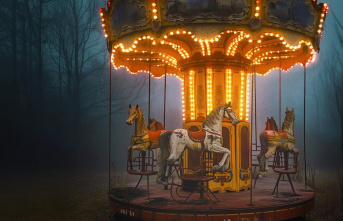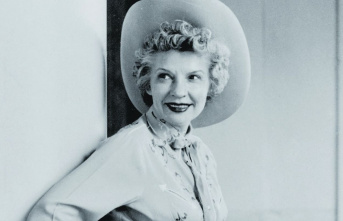From early childhood, we are asked to be the good child, the good student, the good friend. At an early age, it is also magical thinking that prevails in the unconscious, the idea of omnipotence, of perfection: it is the ideal Ego of childhood that Freud, the founder of psychoanalysis. This same desire to be flawless can persist in many of us, even into adulthood. After all, who would want to be less good or even worse? However, recognizing who we really are with our qualities, but also with our limits, our faults and our gray areas can be most beneficial.
Mourning Magical Thinking
As we grow older, we sometimes find it difficult to extricate ourselves from this period when this childhood dream triumphed where nothing was impossible, where we were always kind, perfect, flawless.
As we grow up, the gaze of those around us gains in importance, and we also construct ourselves through these same gazes: that of our parents, our brothers and sisters, the extended family, our school environment, our neighborhood, etc From then on, we identify our qualities more through those that others recognize in us. Our ability to make people laugh, our sporting exploits, our eloquence or our artistic talents are thus celebrated, and we will quickly learn to highlight these brighter sides of our personality.
As for our shadows and our less brilliant characteristics, we will more often prefer to minimize them, camouflage them and put them aside, sometimes even – and above all! – in front of our colleagues, relatives, friends and spouse.
Between shadow and light
While the magnified representation of self often takes precedence over social media, our culture is marked by this great concern with appearance and performance, making our imperfections even more disturbing. All these great societal ideals, combined with those that we have cultivated for a long time, can thus give us this clear impression of not being up to the task, or even of being inadequate.
But rather than aiming to achieve these unrealistic ideals, it is better to accept and see our flaws and limitations, and make peace with them. Recognizing them allows us to be more aware of them and to take care of them... and to be more understanding with others, who also have their faults! Especially since there are always two sides to a coin. You don't like your fighting spirit? It can also ensure that you are not stomped on. Are you being blamed for your emotionalism? It can also make you particularly sensitive and empathetic.
Being yourself is everything
Our quirks and flaws are also part of our identity and contribute to making us unique beings. Do you have the esteem of those around you, but not everyone? So much the better, because it is impossible to please everyone. This task is ultimately meaningless: wanting to please everyone at all times also means, by extension, drawing a line under who we really are.
The ideal to be achieved would therefore not be that of perfection, but rather of authenticity, by tending towards a balance of all aspects of our being, of our shadowy areas as well as of our more luminous qualities and characteristics. . We must, so to speak, replace the ideal Ego of childhood with the ideal Ego, and thus set our own objectives that we will be able to satisfy and see materialize. More realistic expectations of ourselves, a more harmonious cohabitation of everything that sets us apart, and tending towards authenticity will only help us to know and accept ourselves better, to blossom even more, and to cultivate even more meaningful relationships.
Even François Mitterrand, former president of France, knew how to extol the virtues of these faults to be cherished: “The greatness of a man can be measured by the greatness of the things that distress him. »
1












